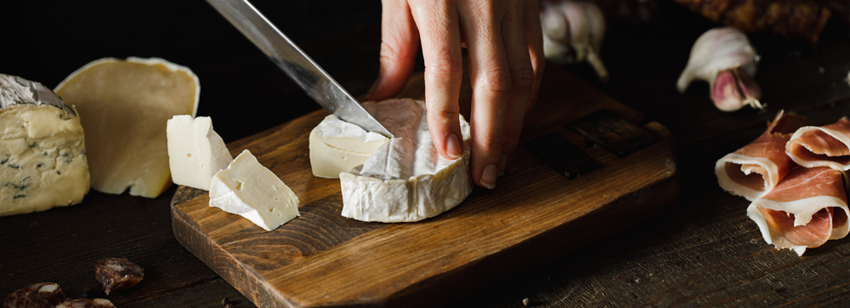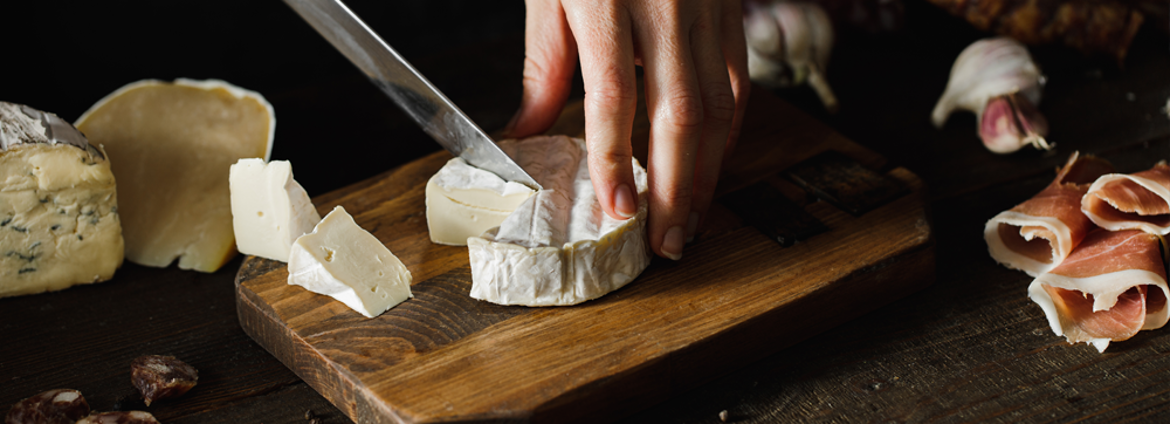In recent articles, we addressed the basics of geographical indications (GIs) and the EU - NZ Free Trade Agreement (Agreement). You can read these articles here, here and here. Now it is time to dive into some of the quirks and unique conditions that come with protecting certain EU GIs in New Zealand. Spoiler alert: it’s not always as straightforward as slapping a creative new name on a bottle or a block of cheese.
“Armagnac” and its many hats
Take “Armagnac”, for example. Thanks to the Agreement, New Zealand has promised not just to protect the name “Armagnac” (that delicious French brandy), but also its extended family – think “Bas-Armagnac” and “Ténarèze”. If you’re a Kiwi distiller dreaming up a new spirit, you’ll need to get creative with your branding. Even if your product is a dead ringer for the French original, you can’t use any of those names unless your grapes are grown in the rolling hills of Gascony, France.
It’s a bit like trying to call your sparkling wine “Champagne” when it’s made in Marlborough – not a chance! These extended protections are about keeping the reputation of the original product (in all its forms) intact and making sure no product is left behind.
The “Gruyere” loophole: Grandfathering in action
Now, let’s talk cheese. “Gruyere” is another EU GI with a twist. Under the Agreement, New Zealand cheese makers who were already using the name “Gruyere” in good faith for at least five years prior to the Agreement coming into force had the chance to join a list of prior users who can keep calling their cheese “Gruyere”. But there’s a catch: such prior users have to be upfront about the cheese's true origins. So, you might still see New Zealand producers with "Gruyere” on the shelf but newcomers to the cheese game won’t be able to use the name at all.
What this means for local Kiwi producers
The world of GIs is full of twists, turns and the occasional loophole. Whether it’s extended protection for names like “Armagnac” or grandfathering for “Gruyere”, these unique conditions are about balancing tradition, innovation and fair play. For Kiwi producers, it pays to stay sharp, keep your eyes peeled for any extra labelling hoops to jump through, get good legal advice and maybe even invent the next big name in spirits or cheese.
This article was prepared by Sophie Thoreau (special counsel) and Amy Irvine (solicitor).



